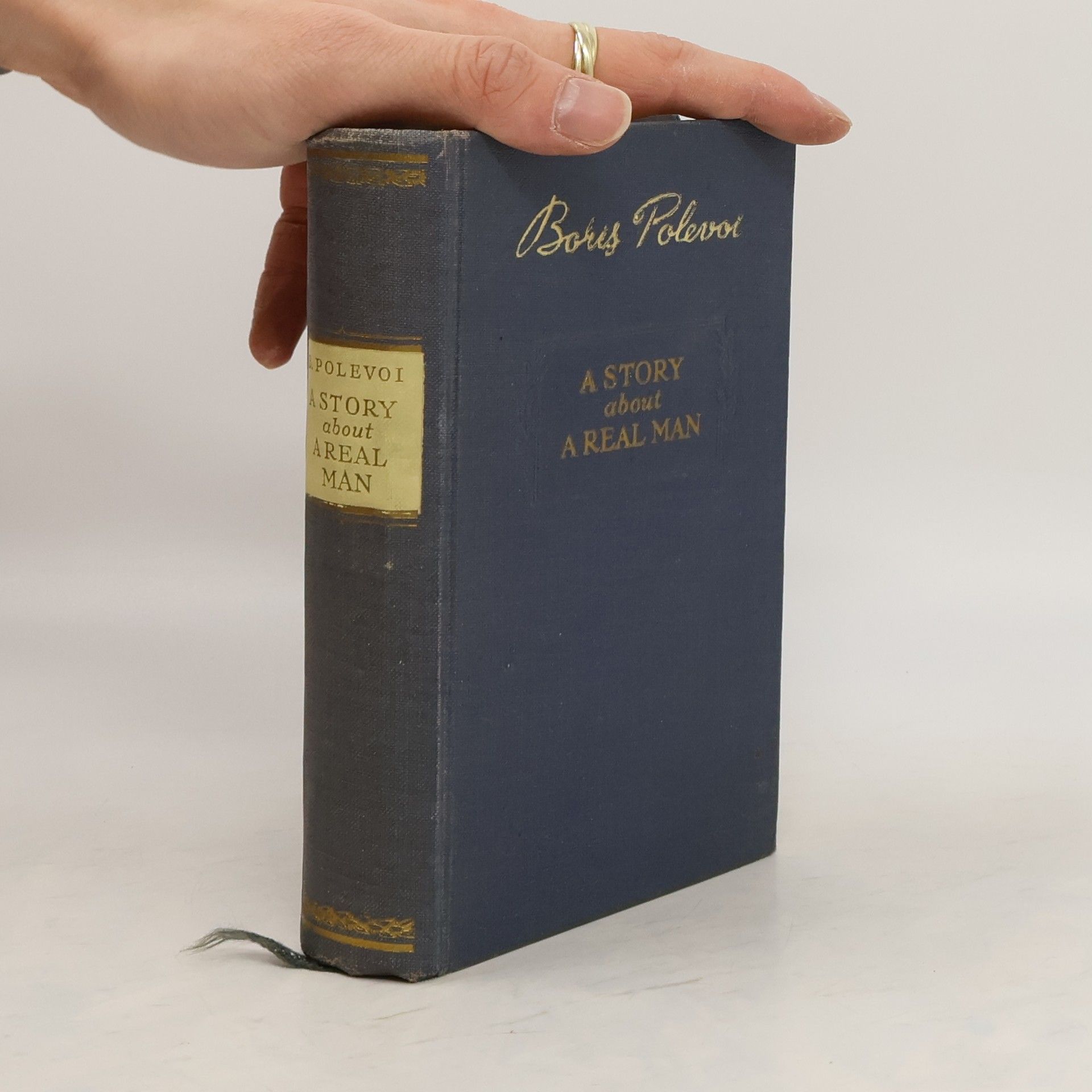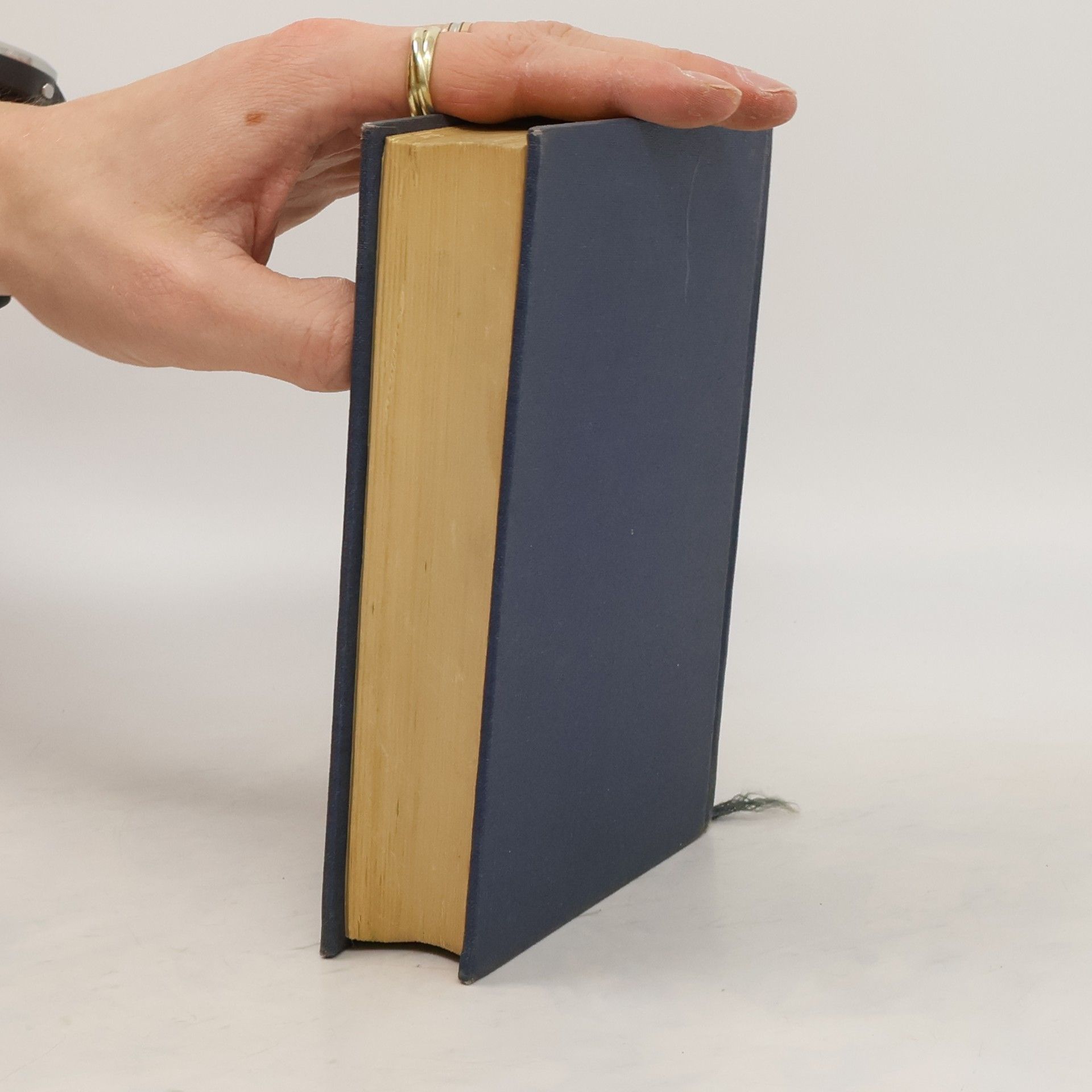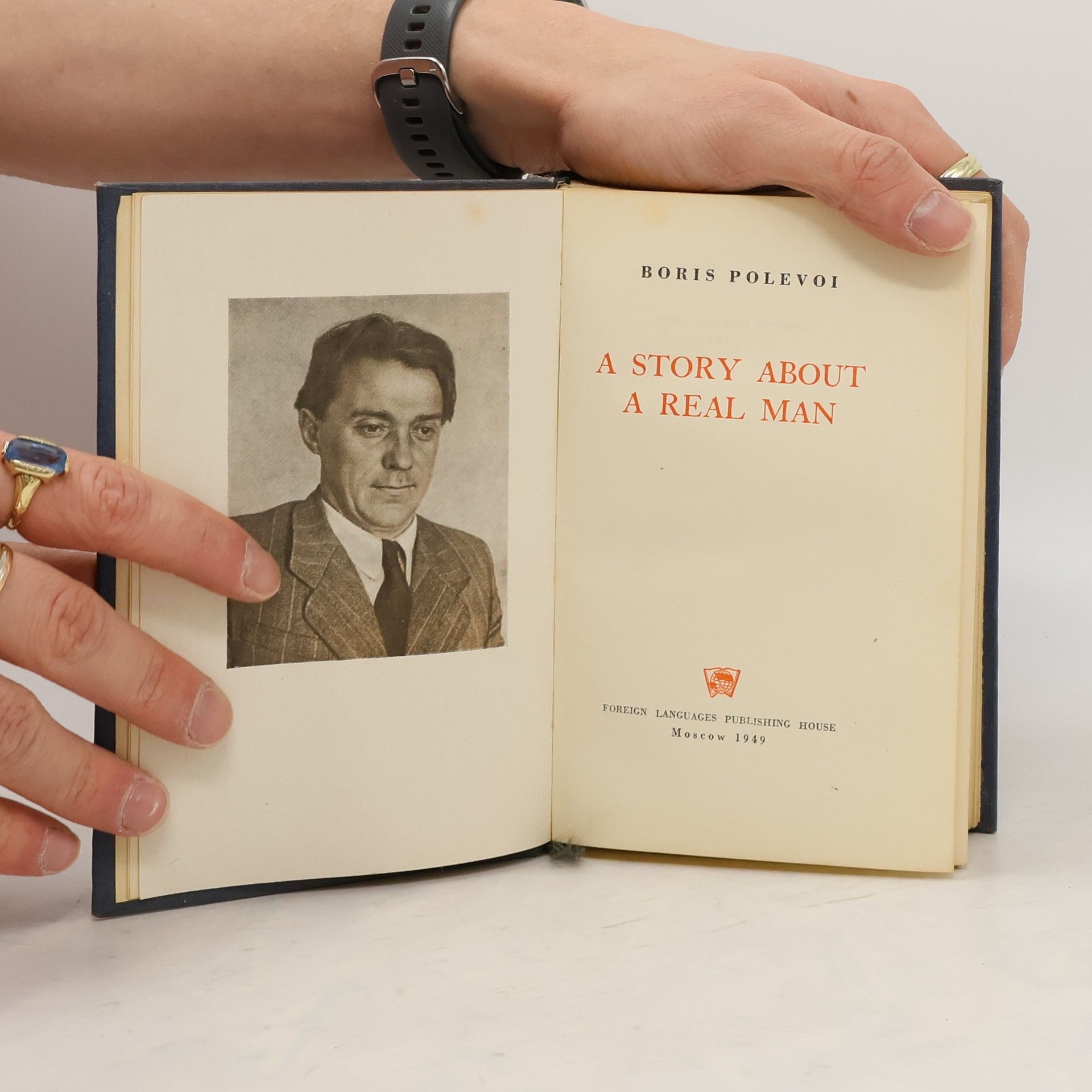A Story About Real Man
Autori
Parametre
Kategórie
Viac o knihe
The inspirational story of World War Two-era Soviet fighter pilot Alexey Petrovich Maresyev (May 20, 1916–May 19, 2001). On April 4, 1942, Maresyev's Polikarpov I-16 was shot down near Staraya Russa, then occupied by Nazi Germany. Maresyev survives the crash but is badly wounded. Despite his injuries, and after a grueling 18-day struggle to return to Soviet-controlled territory, he is rescued and cared for by villagers from a collective farm before being transferred to a hospital. Eventually both his legs are amputated below the knee. Desperate to return to his career as a fighter pilot, Maresyev undergoes nearly a year of therapy and exercise to master the control of his prosthetic devices, and returns to flying in June 1943. During his recovery, he is inspired by the thought of his girlfriend and the support of his fellow patients. By the war's end, Maresyev had completed 86 combat flights and shot down 11 German warplanes. In 1943 he was awarded the Golden Star of the Hero of the Soviet Union, the highest military decoration of the USSR. In 1944, Maresyev joined the Communist Party and two years later retired from the army. Eventually he became a member of Supreme Soviet. On a side note, the book was made into an opera by the Russian composer Sergei Prokofiev and premiered in Leningrad (now Saint Petersburg) on December 3, 1948.
Nákup knihy
A Story About Real Man, Boris Polevoj
- Jazyk
- Rok vydania
- 1949
- Stav knihy
- Dobrá
- Cena
- 12,32 €
Doručenie
Platobné metódy
2021 2022 2023
Navrhnúť zmenu
- Titul
- A Story About Real Man
- Jazyk
- anglicky
- Autori
- Boris Polevoj
- Vydavateľ
- Foreign Languages Publishing House
- Rok vydania
- 1949
- Kategórie
- Vojnová próza
- Anotácia
- The inspirational story of World War Two-era Soviet fighter pilot Alexey Petrovich Maresyev (May 20, 1916–May 19, 2001). On April 4, 1942, Maresyev's Polikarpov I-16 was shot down near Staraya Russa, then occupied by Nazi Germany. Maresyev survives the crash but is badly wounded. Despite his injuries, and after a grueling 18-day struggle to return to Soviet-controlled territory, he is rescued and cared for by villagers from a collective farm before being transferred to a hospital. Eventually both his legs are amputated below the knee. Desperate to return to his career as a fighter pilot, Maresyev undergoes nearly a year of therapy and exercise to master the control of his prosthetic devices, and returns to flying in June 1943. During his recovery, he is inspired by the thought of his girlfriend and the support of his fellow patients. By the war's end, Maresyev had completed 86 combat flights and shot down 11 German warplanes. In 1943 he was awarded the Golden Star of the Hero of the Soviet Union, the highest military decoration of the USSR. In 1944, Maresyev joined the Communist Party and two years later retired from the army. Eventually he became a member of Supreme Soviet. On a side note, the book was made into an opera by the Russian composer Sergei Prokofiev and premiered in Leningrad (now Saint Petersburg) on December 3, 1948.



